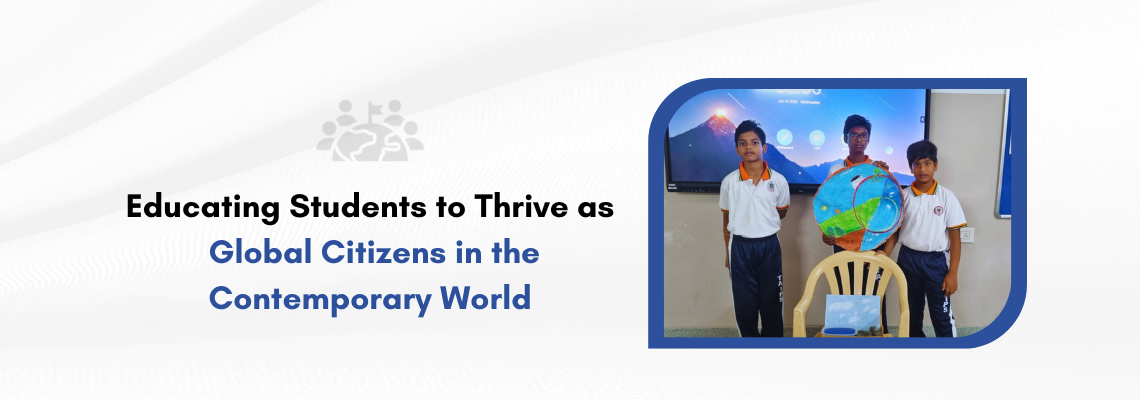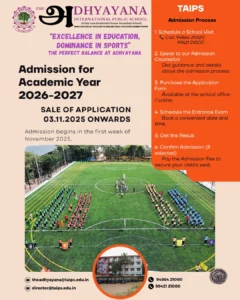Introduction
In today’s rapidly changing world, the role of Cbse schools in Coimbatore education is more critical than ever before. As we prepare the next generation for the challenges and opportunities of the contemporary world, it is essential to equip students with the skills, knowledge, and perspectives they need to thrive as global citizens. In this blog post, we’ll explore why educating students as global citizens is so vital and how it can be effectively achieved.
Why Global Citizenship Matters
Global citizenship is about encouraging a sense of responsibility and belonging to a wider world community. It’s the recognition that our actions and choices have far-reaching consequences, not only for ourselves but for people around the globe. Here’s why cbse schools in Coimbatore educating students to be global citizens is crucial
Understanding Interconnectedness
The world is more interconnected than ever. Events in one part of the world can have a ripple effect across borders. Global citizens recognize these connections and appreciate the impact of their choices.
Problem-Solving and Innovation
The pressing global issues, including climate change, pandemics, and poverty, demand cooperative and collective solutions. Global citizens are better prepared to engage in complex problem-solving and innovation.
Cultural Competence
An understanding of diverse Cultures and Perspectives is essential in our multicultural world. Global citizens embrace diversity and are more culturally adapted.
Conflict Resolution
Global citizens are equipped with the skills to engage in peaceful dialogue and resolve conflicts effectively, contributing to a more harmonious world.
Educational Strategies for Fostering Global Citizenship
Now, let’s explore how educators and institutions can nurture global citizenship among students
Incorporate Global Perspectives into the Curriculum
Integrate global issues, case studies, and diverse perspectives into the curriculum across subjects.
Promote critical thinking about global challenges and opportunities.
Cultural Exchange and Diversity Education
Organize cultural exchange programs, allowing students to interact with peers from different backgrounds. Offer diversity and inclusion training to promote cultural competence.

Service Learning and Community Engagement
Encourage students to participate in community service and volunteer opportunities, both locally and globally. Highlight the impact of their actions on the community and the world.
Global Collaboration Projects
Facilitate Collaborative Projects with students from other countries.
Use technology to connect classrooms and engage in joint research and initiatives.
Promote Environmental Stewardship
Educate students about environmental issues and sustainable practices.
Encourage Eco-friendly initiatives within the school community.
Critical Media Literacy
Teach students to critically evaluate media sources and recognize tendency.
Encourage media literacy to promote global awareness
Model Global Citizenship
Faculty and staff should serve as role models for global citizenship by demonstrating respect for diverse cultures and promoting global values.
Conclusion
In a world facing complex challenges and dynamic opportunities, preparing students to thrive as global citizens is a responsibility we cannot ignore. Through a holistic and thoughtful approach to education, we can empower the next generation to understand, engage with, and positively impact the contemporary world as informed, empathetic, and responsible global citizens.




